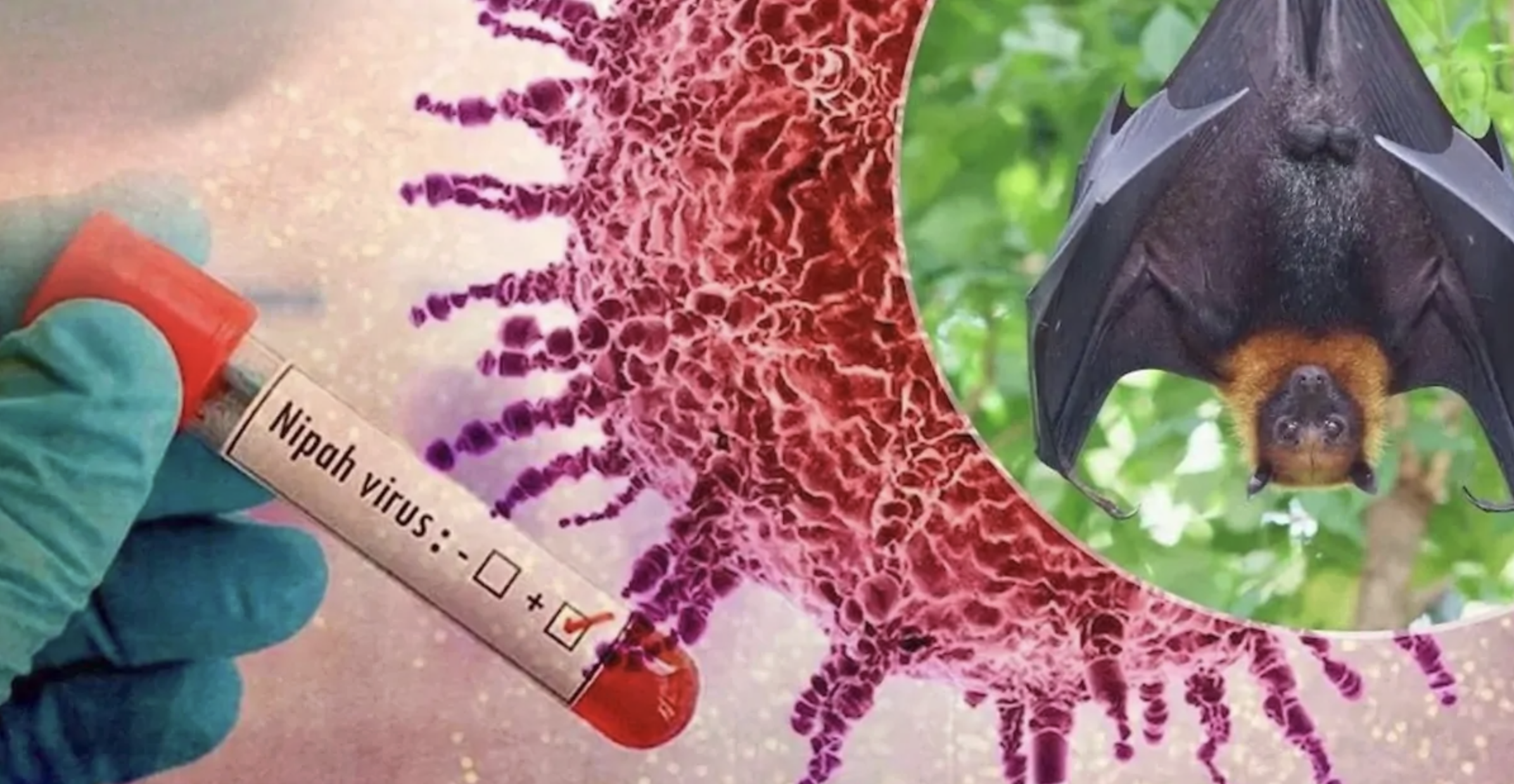The H5N1 bird flu virus, which has been spreading among animals globally, is raising significant concerns about a potential human pandemic. Researchers are delving into the immune system’s response to influenza to comprehend how a human H5N1 pandemic might unfold.

Bird Flu Virus Transmissions
Initially a pathogen affecting birds, the H5N1 virus has caused the deaths of millions of domestic and wild birds since its emergence in 1996. The virus has also spread to various mammals, including seals and foxes, and has caused over 460 human deaths since 2003. Although it has not yet acquired the ability to spread effectively between humans, its repeated jumps from birds to mammals and evidence of mammal-to-mammal transmission have alarmed researchers.
Recent Developments
In March, the detection of H5N1 in US cattle raised heightened concerns. Nearly 140 dairy herds across 12 states and four dairy farm workers were confirmed to have bird flu infections. All workers exhibited mild symptoms, but scientists caution that the virus remains a threat. Seema Lakdawala, an influenza virologist at Emory University School of Medicine, suggested that the mildness of these cases might be due to infection through milk exposure rather than airborne particles or infection through the eye rather than the typical route of the mouth or nose.
Immune System’s Role
Malik Peiris, a virologist at the University of Hong Kong, emphasized the importance of the immune system’s state of readiness. Previous exposure to other flu strains provides some immunity, but this might not be sufficient against a new pandemic strain like H5N1. Few people have antibodies against the current strain of H5N1, meaning most of the population would be susceptible if the virus starts spreading easily among humans.
Potential for Pandemic
While H5N1 does not currently spread easily between people, scientists are concerned that it could spark a pandemic if it gains this ability. Tests indicate that few people in the United States have antibodies against today’s strain of H5N1. However, previous exposure to H1N1 may offer some protection due to the shared surface protein designated N1.
First Flu Infection’s Impact
A person’s first bout of flu can significantly affect their future immunity. Research has shown that people are generally more protected against flu strains that match the one causing their first childhood flu infection. This effect could mean that older people might be spared the worst impacts of an H5N1 outbreak, while younger people could be more vulnerable. “We should have that somewhere between the back and front of our minds,” said Michael Worobey, an evolutionary biologist at the University of Arizona in Tucson.













